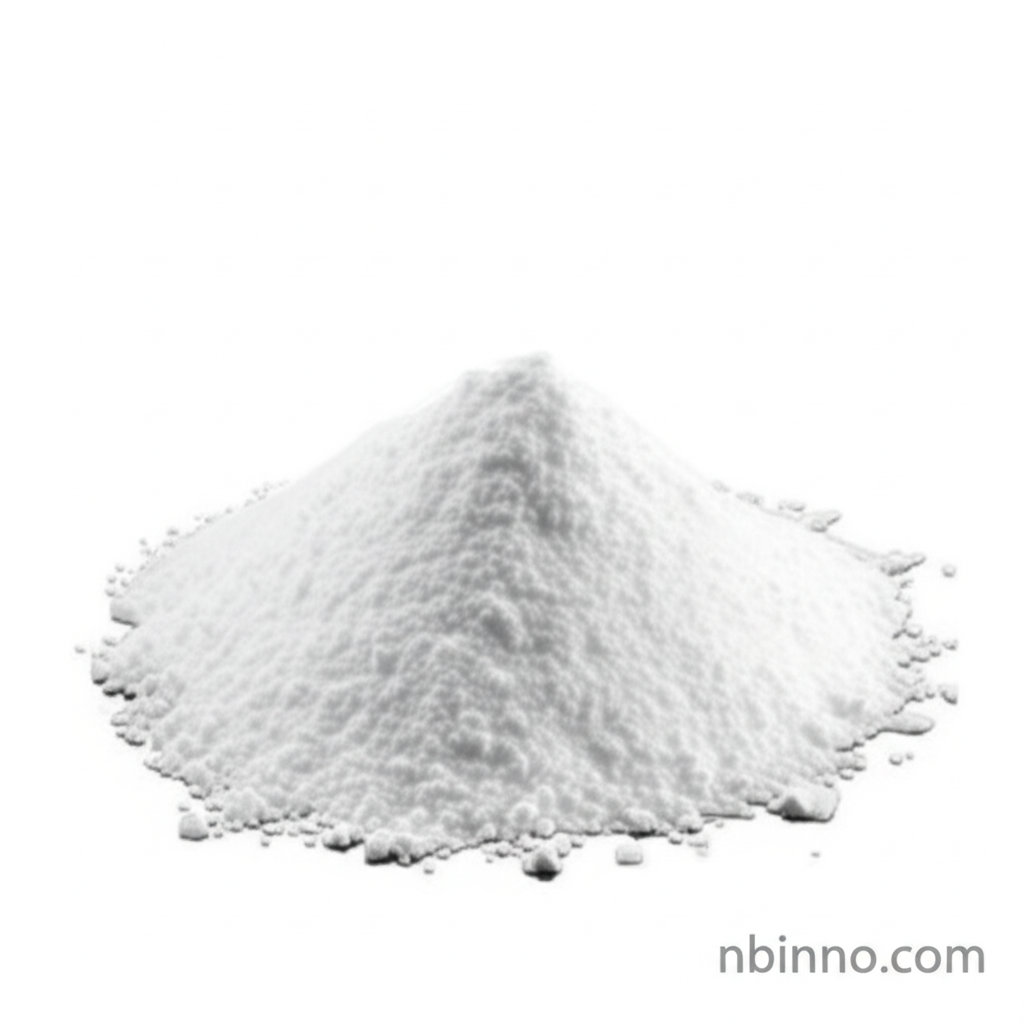Unlocking the Power of EDTA: A Versatile Chelating Agent
Discover the extensive applications and essential benefits of EDTA across diverse industries.
Get a Quote & SampleProduct Core Value

Ethylenediaminetetraacetic Acid
Ethylenediaminetetraacetic Acid (EDTA) is a highly effective chelating agent, crucial for binding and sequestering metal ions. This property makes it indispensable in a wide array of applications, from enhancing the stability of pharmaceuticals and cosmetics to improving water quality and agricultural nutrient delivery.
- Discover the key applications of EDTA in water treatment, where it helps remove heavy metals and softens water, contributing to cleaner water supplies.
- Explore how EDTA is utilized in the pharmaceutical industry to enhance drug stability and bioavailability, ensuring product efficacy.
- Learn about the role of EDTA in cosmetic formulations, where it acts as a stabilizer, preventing degradation and extending product shelf life.
- Understand the importance of EDTA for agriculture, specifically in fertilizers, to improve the availability of essential micronutrients to plants for optimal growth.
Key Advantages of Using EDTA
Enhanced Product Stability
By effectively binding metal ions that catalyze degradation, EDTA significantly enhances the stability and shelf life of products in the pharmaceutical, cosmetic, and food industries, preventing issues like rancidity and discoloration.
Improved Industrial Processes
In industrial cleaning, EDTA is vital for removing metal deposits and scale. Its chelating action also optimizes processes in the pulp and paper, and textile industries by controlling metal ions that can affect quality.
Effective Water Treatment
EDTA plays a critical role in water treatment by sequestering harmful metal ions, thereby reducing water hardness and preventing corrosion of equipment, contributing to the supply of cleaner water for various uses.
Key Applications
Water Treatment
EDTA is essential for sequestering metal ions, reducing water hardness, and preventing equipment corrosion in water treatment processes, making it a key component for ensuring water quality.
Pharmaceutical Industry
In pharmaceuticals, EDTA is used to improve the stability and bioavailability of drugs by chelating metal ions that can catalyze degradation reactions.
Cosmetics and Personal Care
EDTA salts act as stabilizers in cosmetic and personal care products, preventing spoilage and maintaining the efficacy of active ingredients by binding to trace metal ions.
Agriculture
Used in fertilizers, EDTA enhances plant uptake of essential micronutrients by preventing them from precipitating in the soil, promoting healthier growth and better crop yields.
